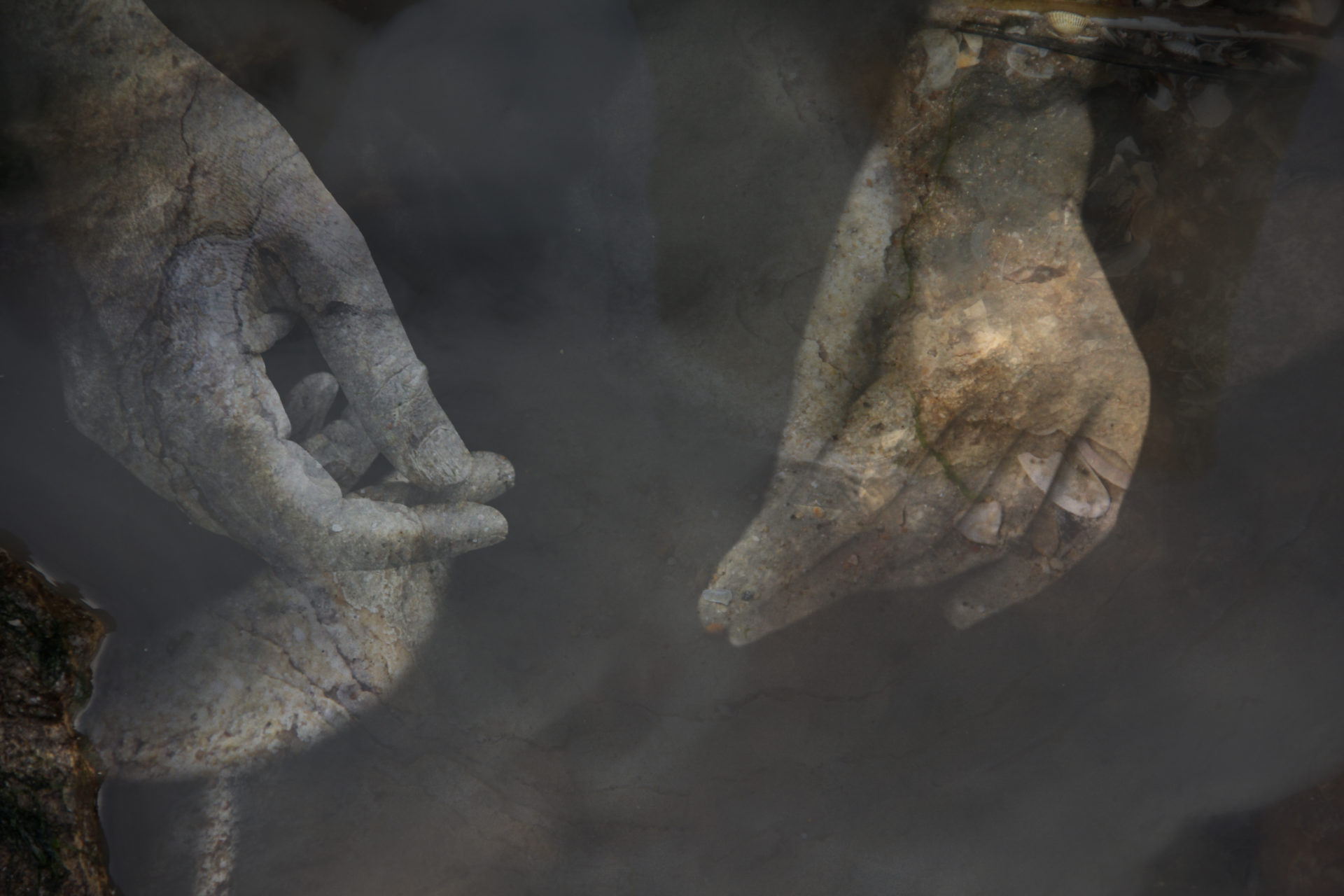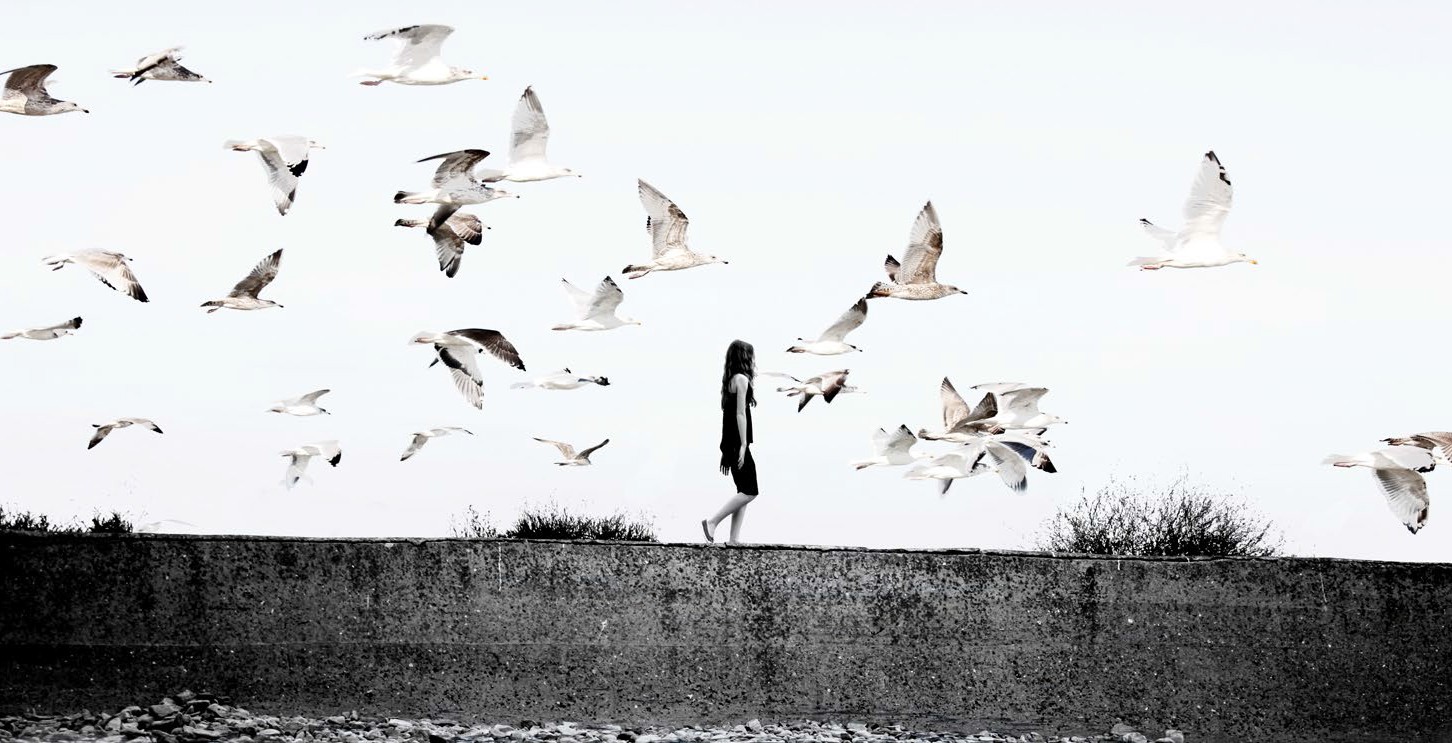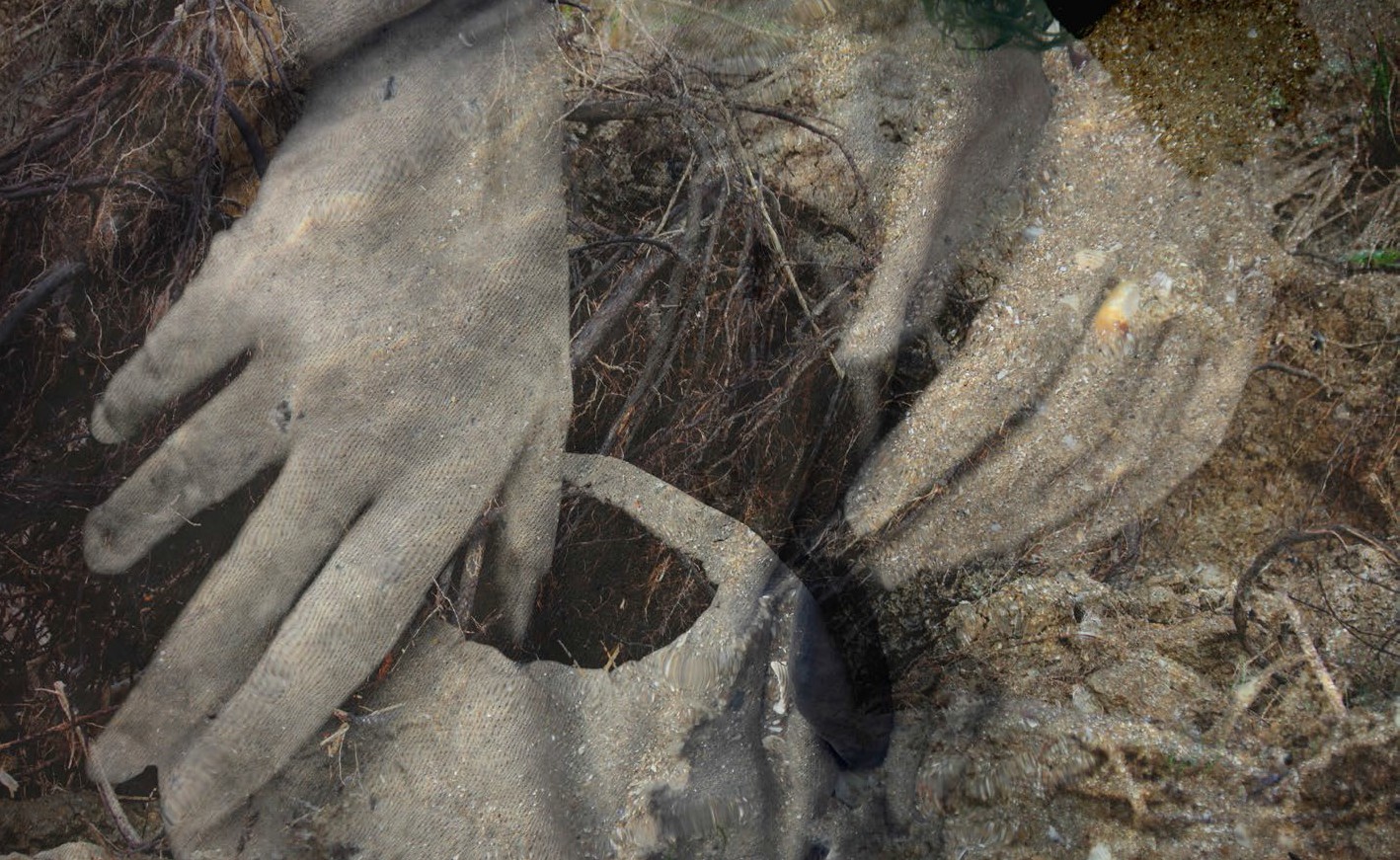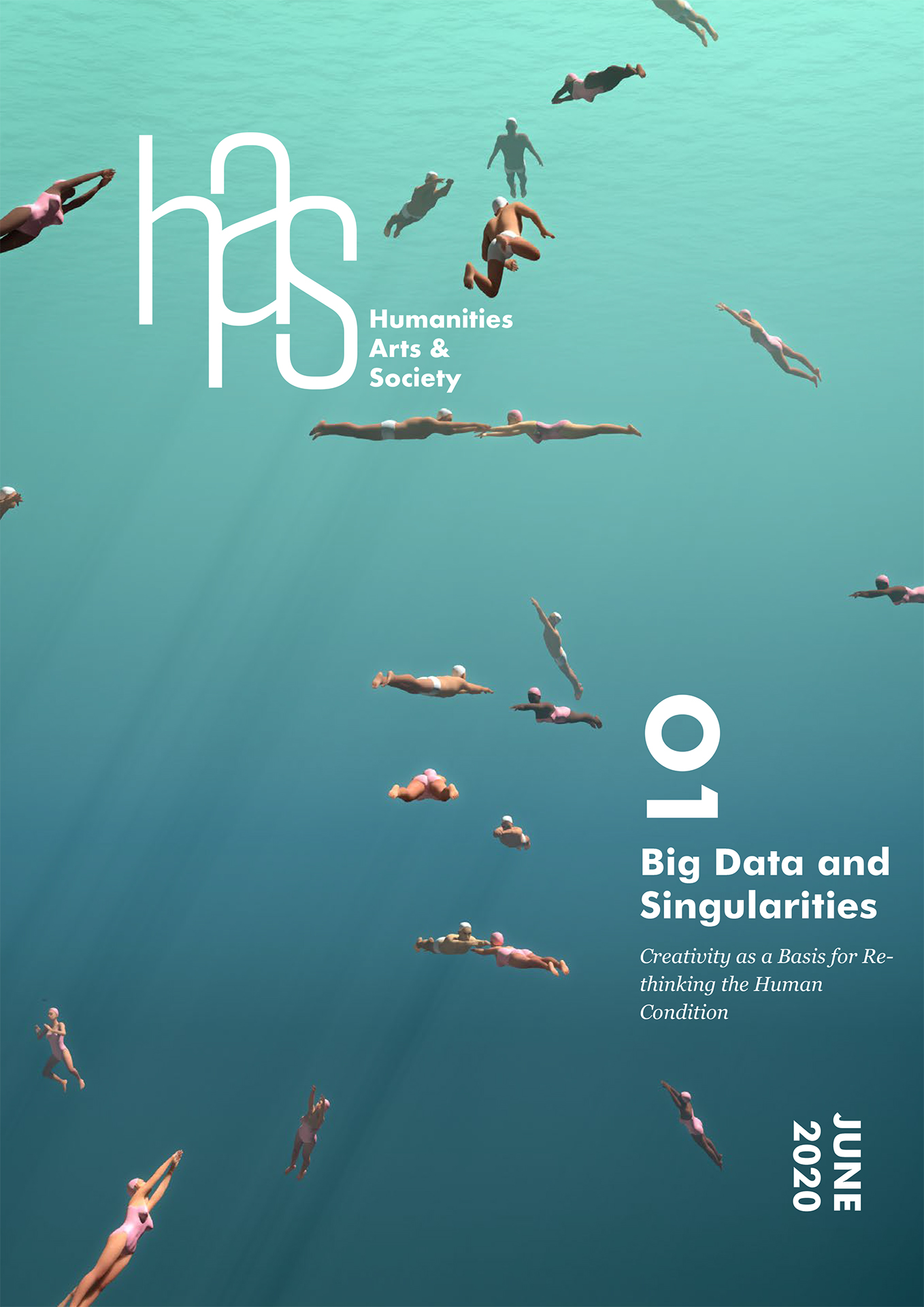A window for Resisting the Norm

The globalized world is under numeric rule. The roads are paved. Our identities are digitized, our footsteps monetized. Big Data feeds giant tech corporations. Once Big Data is brought together and broken down, it is transformed into tools, products, and services that shape our day-to-day lives, our economies, and even our political landscapes. World views shrink to the size of a screen, along with our attention span. Critical thinking is replaced by instinctive reaction. Scoops and scandals drive the audiences, and the click-bait economy holds hostage our dreams of a fully and freely-connected planet.1
On Living in a Calibrated World
Regulations regarding food, health, hygiene, and security are reassuring on a large scale. Social media create unexpected bonds, echoes, and connections— provided, that is, it keeps away from profiling, monitoring, or excessively rating certain groups and individuals, through a legal framework that has yet to be established.
In such a calibrated world, is there any room left for chance, disorder, and accident? For nuance, hesitation, repentance, transformation? Is it possible to live under the radar in a world where we must show ourselves in order to exist? Is it possible to suffer or be different in a reserved, discrete manner? To be poor, in the face of digital banking, credit cards, and computers? Can we be ourselves without having to explain ourselves or justify our life choices, appearances, and hybrid identities? How can the ugly ducklings, the bad fruit, the crossbreeds, the flamboyant or rickety humans escape this normative reign?2
The flow of life cannot be contained within airtight boxes. Our human condition must evolve in circumstances that bring together the common good and individual freedoms, in which all forms of uniqueness are allowed a place without being met with fear or rejection. Societies in which different genders, social classes, nationalities, traditions, and convictions coexist must be protected or established. Preserving or creating such territories is a task for nations as much as it is for individuals. It is a personal, social, local, and national matter before being a global one. It’s about awakening and upholding certain states of mind. Independence and freedom are fragile things, especially in the face of powerful global interests.
Confronting the Other
Art, when it is not engulfed by commercial stereotypes or globalized formats, offers an open space in which our minds are free to roam. Indeed, whether it be the fruit of a single individual or an entire civilization, art leads to the discovery of otherness, of what is distant and ancestral, beyond the barriers of space and time. This encounter with otherness can also lead us to embark on a journey within the depths of ourselves.

Such is the message conveyed in the book L’un vers l’autre. En voyage avec Victor Segalen,3 written by Chinese-born French thinker François Cheng. In the book, the writer, poet, and calligrapher places his own life aside that of Segalen (1878-1919). A doctor, novelist and ethnologist, Segalen had journeyed, many years before Cheng, in the opposite direction, from France to China.
Art travels through sensitive channels in the body. Song and music reaches us through our ears. Performance and visual arts penetrate through our eyes. Just as education gives us guidelines and helps us builds up solid intellectual and scientific structures, art opens the doors of the senses to our emotions. To marvel, through the encounter with what is strange or peculiar, is what allows us to escape standardization. A blow to the heart can bewilder our minds and overturn our most deeply-rooted beliefs. We bond with each other over that which moves us, which drives us regardless of stereotypes. This sidestep hollows that empty space which breeds creativity, the warrantor of a fruitful and imaginable renewal. The indefinite, the abstract, the unknown, and the unexpected all pave the way towards inquiry and the imaginary.
An open, confident, curious mind can confront novelty and innovation. The historic artistic avant-gardes paved the way for societal shifts. Artist-run spaces and other spaces dedicated to art are breeding grounds for relationships and idea circulation. They are home to hybrid pollinations best illustrated by architecture and design, which are fields of experimentation in the social and environmental sciences.
Disseminating the Creative Mind
In the throes of dealing with current environmental and technoscientific challenges, ideological tensions, and financial perils, the world may very well accelerate its shift towards dehumanization. Knowledge is built through bringing together advances and progress, and information is flowing now more than ever before, but that knowledge must first reach our consciousness and move us before it can inspire change and action! Feeling is fundamental in order for us to stay true to our human condition. It guarantees the survival of our species. The Universal Declaration of Human Rights, having emerged after the cataclysm of World War II, proves it—legal recognition for all, by all—at least in the countries that signed the text.

It is our collective responsibility to be the defenders and keepers of diverse ways of being. In being aware of others and of our own oddities, big or small, we can nurture respect for our differences. New technologies bring about unforeseen opportunities. Through them, it is possible to create, share, and exchange knowledge between our plural worlds, under the strict condition, that is, that these technologies remain tools at the service of a universal consciousness that is free and open. The 21st century human being must escape, both individually and collectively, from the grip of techno-economics. The seeds of new initiatives have been planted.4 Now all that is left is to disseminate, like petals of thought, the creative mind.
- Marc Dugain, Christophe Labbé, L’homme nu. La dictature invisible du numérique, Plon: 2016; and Bruno Patino, La civilisation du poisson rouge, Grasset: 2019.
- Josef Schovanec, Nos intelligences multiples. Le bonheur d’être différent, Éditions de l’Observatoire: 2019.
- Published by Albin Michel, 2008.
- Bénédicte Manier, ille et une révolutions tranquilles, J’ai lu, 2016.
After studying History at the Sorbonne and then Sociology of Information (Université Panthéon-Assas Paris II), Bénédicte Philippe opted for a postgraduate degree in Journalism Techniques. Education, Culture and Heritage have become her favourite fields in France and elsewhere. A freelance journalist, she has collaborated since 1997 with the French weekly magazine, Télérama Sortir, as an exhibition critic (Photography, Civilization, Sciences). Art brut, primitive arts, architecture and design are among her favourite fields of exploration. Dance, singing, music, plastic arts, have always been part of her practice and her life.
Karine Zibaut is a French visual artist. Photographer, video artist and painter, she has been exhibiting for more than 12 years in France and abroad. In London, she joined Kindred Studios. She has participated in several associative projects, including the creation of SKIN, helping women with breast cancer. Working at the crossroads of ink and photography, she questions the feminine, identity, transmission and ‘mother earth’.
https://www.karinezibaut.com/
After studying History at the Sorbonne and then Sociology of Information (Université Panthéon-Assas Paris II), Bénédicte Philippe opted for a postgraduate degree in Journalism Techniques. Education, Culture and Heritage have become her favourite fields in France and elsewhere. A freelance journalist, she has collaborated since 1997 with the French weekly magazine, Télérama Sortir, as an exhibition critic (Photography, Civilization, Sciences). Art brut, primitive arts, architecture and design are among her favourite fields of exploration. Dance, singing, music, plastic arts, have always been part of her practice and her life.
Karine Zibaut is a French visual artist. Photographer, video artist and painter, she has been exhibiting for more than 12 years in France and abroad. In London, she joined Kindred Studios. She has participated in several associative projects, including the creation of SKIN, helping women with breast cancer. Working at the crossroads of ink and photography, she questions the feminine, identity, transmission and ‘mother earth’.
https://www.karinezibaut.com/
